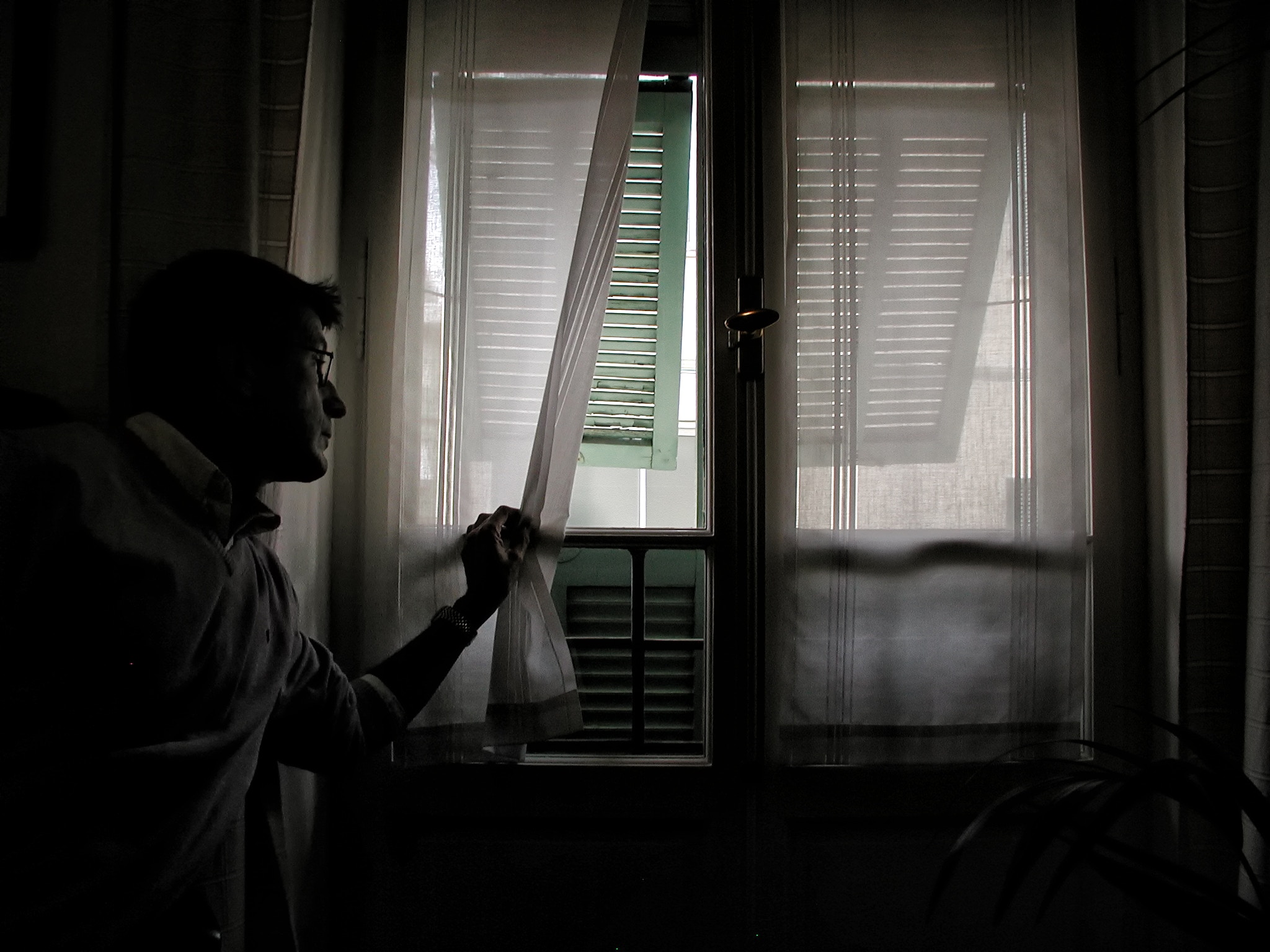Reflection for the 13th Sunday. Year B. 2018
– By Fr Ugo Ikwuka
Archway, London
“A fowl about to be killed said that life remains treasured even while the knife is being sharpened.” This Nigerian (Igbo) proverb perfectly captures the fear of death. It implies that every second of living counts.
Indeed, of all the tragic human experiences, death is the most painful. Many don’t survive the tragedy of death. Yet, what an irony that the one thing that is most certain is the one thing that humanity has failed to come to terms with.

The pain of death is mostly fuelled by that element of finality i.e. that it is an end, both of life and of the treasured relationships that go with it. This is in spite of the fact that our faith holds that in death, life is not ended only changed because to see God (with death as the gateway), we shall be like Him (1John 3:2); our perishable nature must assume imperishability and our mortal nature must assume immortality (1Cor 15:53).
Alienated from God the source of light by sin, we see only darkness. Seeing death as an end, we lack the trust of waking into new life and death thereby remains the unbearable painful experience.

Hence, when our First Reading this Sunday states that death was not God’s doing but was brought about by the devil’s envy (sin), it is speaking of death in the sense of this terrifying experience not the physical expiration of the body.
For God and the sinless, physical death is a trustful transition sleep to the greater life to come.
When Jesus received news in the Gospel that the young girl he was going to cure had died, he disregards the message and says: ‘just have faith’.
He was not alarmed by the news of death as we sinners would have been. He dismisses the mourners and reached out and touched the little girl telling her to rise. And she arises as though she is waking from sleep.
Indeed, in all circumstances, in the ups and downs of life, but above all, at the moment of death, trust turns the terror of death into a peaceful transition sleep.
Death as a terrifying fear could not be the design of God who desires fullness of life for His creatures (John 10:10). Jesus goes out of his way to demonstrate this in the sense that by Law, he wasn’t supposed to touch a dead body or he would become unclean (Leviticus 21:1-12).
Prior to this, he had also defied the Law to allow a healing touch from a woman who had suffered haemorrhage (bleeding) for 12 years. The same ritual Law provides that such women are in a state of impurity and any person or thing that comes in contact with them is instantly contaminated too (Leviticus 15:19-30).

There were two touches on that occasion; the touch of the crowd which produced nothing and the touch of the woman which instantly produced miraculous healing.
The difference between the two can be likened to the joke about the difference between people who pray in church and those who pray in casinos.
The difference being that the ones in the casinos are really serious! The difference in the touches lies in the degree of expectant faith with which the woman made hers.
Realising that some power had gone out of him, Jesus asked: “Who touched me?” In fear and trembling, the woman stepped forward. She was afraid, not because of Jesus, but because by Law she should not have been there at all given her unclean (bleeding) state.
She would have been in deep trouble if the people around had known about it. Like a person with HIV/AIDS in our society, she had to remain in hiding. She was, of course, no threat to anyone but fear does not know reason. Now her secret is going to be exposed.
But Jesus kindly says to her: “My daughter, your faith has restored you to health; go in peace and be free from your complaint”.
Jesus, the resurrection and the life, has restored her to fullness of life. Not only is she physically cured but she is fully restored to a normal social life and can be fully integrated into her society.
Both of these stories reveal Jesus as the source of life and healing. All of us, in some measure are constantly in need of God’s healing.

The realisation of full health is to become a whole person, where every part of me – spiritual, intellectual, social, psychological and physiological – functions as it ought and in perfect harmony within itself, with people around, and with the environment.
Part of our healing is in the wholeness of our communities, a wholeness which is based on truth, love, compassion and a deep sense of justice for all.
Let us pray today to Jesus as Lord of life and ask him to help us reach that level of health, wholeness and holiness to which he is calling us.




